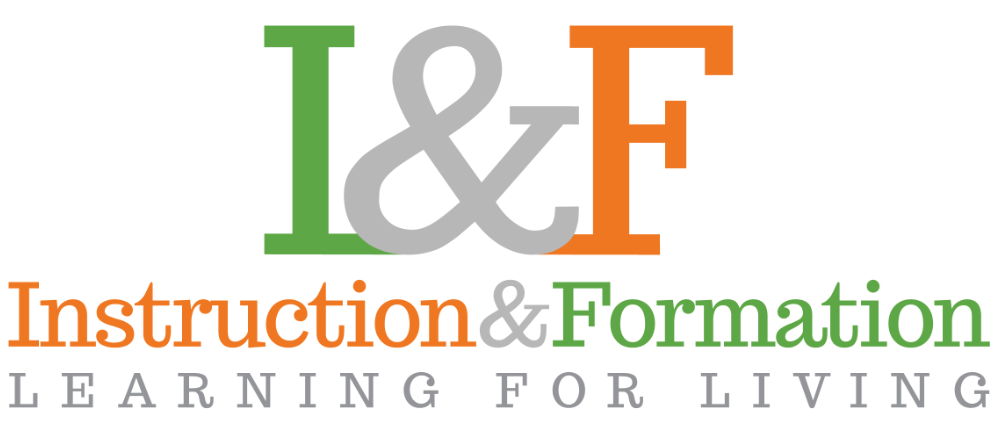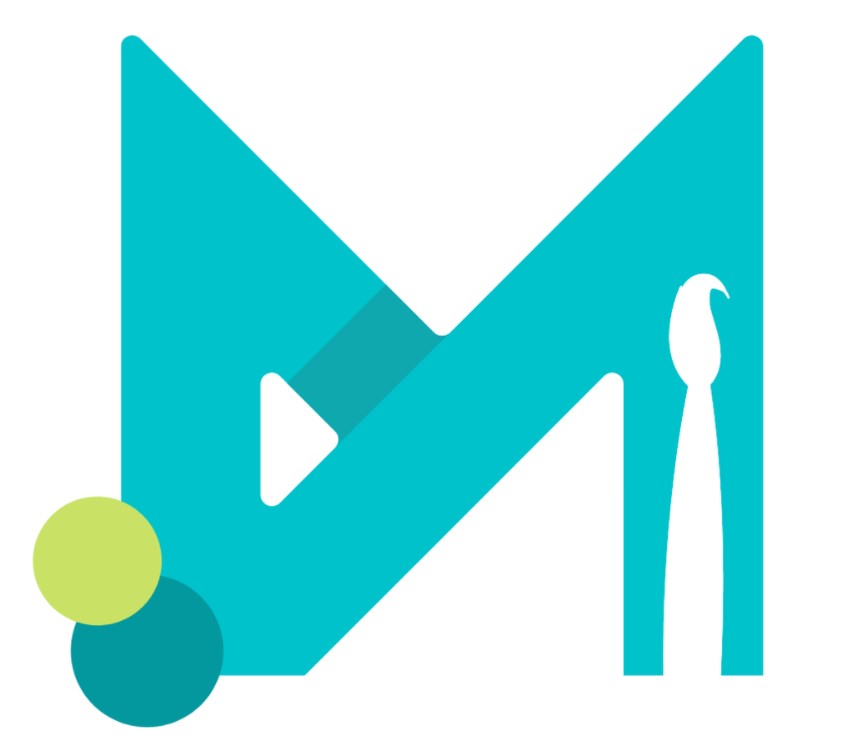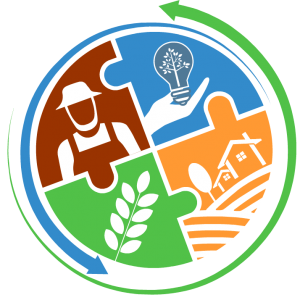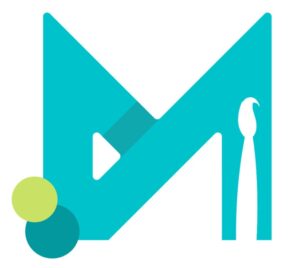MicroHub Project
Culture and the arts have been traditionally recognized, promoted and preserved in relation to their very intrinsic value, i.e., their status as a symbolic creation at the heart of humanity and resulting from the expression of its creativity. However, in the last decades a complementary and interrelated approach increasingly has recognized their instrumental value, in particular their contribution to social and economic development of territories. The role of culture in urban development has attracted the attention of scholars since the eighties, approaching it from the creative industries which highlights the role of firms as the generators of innovation and territorial development, or from the ‘creative class’ perspective, focusing on creative people responding to location factors in their urban environment. Consequently, culture has increasingly been used, especially in cities, to achieve particular social and economic goals. Entrepreneurs engagement, as well as access to training and digitalization, will remain a challenge for various groups (elderly, people with disabilities, young people, minorities, people from rural areas and geographical peripheries, people of limited financial means etc.). This, to some extent, will be determined by demographic changes, lack of political support and decreasing public funding. This may lead to excluding certain society groups from participation in entrepreneurial activities and receiving business support. The allure of craft and artisanship harks back to tradition and a very different past – but today’s world too places value in the high-level creativity and skills involved. Craft is a worthy connector to heritage but is also an essential part of the subsistence economy and capable, with encouragement, of becoming a valuable and thriving economic sector.
The sector had been “hit dramatically” by COVID-19, raising not only the possibility of job loss but also a loss of identity. While crafts had “so much potential” to link into sectors like tourism, it was important “to connect the dots”. The interplay between technology and traditional crafts is critical, as two should not be pitted against one another. Technology is for the modern artisan a tool like any other, something that they can use to augment their skills. Similarly, in this digital world, institutions and programmes need to support artisans online by putting them on the map and building awareness. The project is planned to be developed on the background of the increasing digitalization in all areas of life and the lack of specifically connected with the artisans and craft workers training in the fields of digital entrepreneurship and business creativity thinking. The development known as Industry 4.0 in Europe requires new business and digital qualifications for skilled crafters, craft workers, artisans, trainers and apprentices as well as vocational schoolteachers. Currently, there are large differences within and between different sectors as well as between different countries and regions in terms of adapting to the requirements designated as digitalization and digital uptake of the business in the project. The project aims to analyze and better understand the expected needs and to develop exemplary learning modules for future and current professionals and their teachers and trainers in order to respond to the development at an early stage.
What activities are we implementing?
The project entitled “Promoting creativity microbusiness though web tools in rural area” was planned and created as an answer to the rate of creativity microbusinesses in rural areas in the EU and aims to enhance the effectiveness and competitiveness of microenterprises, especially in the context of participation to national and EU market. This will be achieved by the specific objectives that are:
• Developing entrepreneurial and digital skills of people holding or wanting to create a microenterprise.
• Formation of virtual training curriculum for enhancement of creativity micro businesses
• Creation of a digital platform for cooperation among micro businesses and entrepreneurs from rural areas
• Favouring the start-up of new enterprises in post COVID-19 era
• Delivery of digital tools for acceleration in business The project aims to equip them with the necessary innovative skills and competences to upgrade the efficiency of their work.
This will be achieved by the implementation of the following specific activities:
– Competence Matrix for Digital entrepreneurship and business creative thinking for crafters in rural area: Proceeding and identifying specific capacity gaps of microenterprises and craft-types of enterprises in post COVID-19 era in order to create an entrepreneurial learning of crafters, collaboration with stakeholders and research with 140 stakeholders,20 experts and 105 crafters.
– The Transformative Business Model for creativity micro businesses: . Testing and validating main training modules and content with at least 140micro/craft enterprises though the established virtual training curriculum for enhancement of creativity micro businesses through 10 MOOC classes organization and local trainings with several days duration.
– Design of innovative multilingual online tool: designing an innovative multilingual online tool in order to support the cooperation among micro businesses and entrepreneurs from rural areas and enhance their participation in training using digital classes. It will target 70 crafters as part of the matchmaking and 140 participants from the partners’ countries in the MOOC.
– Individual online acceleration procedure for entrepreneurs: implementing individual online acceleration procedure for entrepreneurs using digital tools for communication, providing them services for supporting tailored business plan creation and mentoring and targeting on 35 entrepreneurs, providing them services for supporting tailor business plan creation and mentoring.
• (C1) Training of entrepreneurs in Transformative Business Model for creativity micro businesses: Training of entrepreneurs in practical tools for boosting of their businesses in post COVID era with 5 days duration in Bulgaria.
• (C2) Training of experts in ‘MicroHUB’ approach: Training of experts in individual acceleration and mentoring with 5 days duration in Sweden.
The project is a collaboration between partners from Slovakia (Technical University of Košice), Malta (IIF), Ireland (I&F), Poland (CWEP), Bulgaria (OECOM), Sweden (Sensus) and Greece (Fix in Art).
For further information about our project, please visit: https://microhub.erasmus.site/




